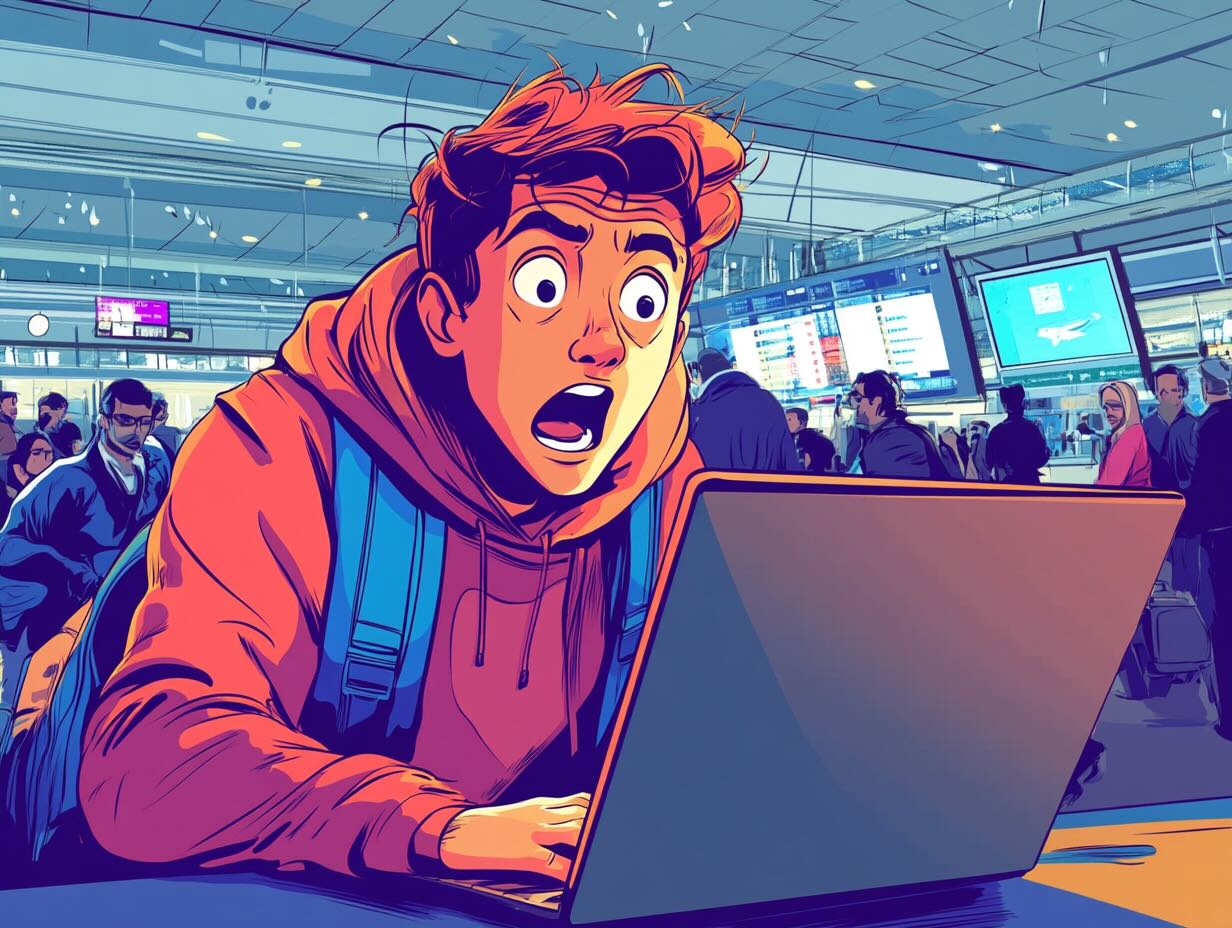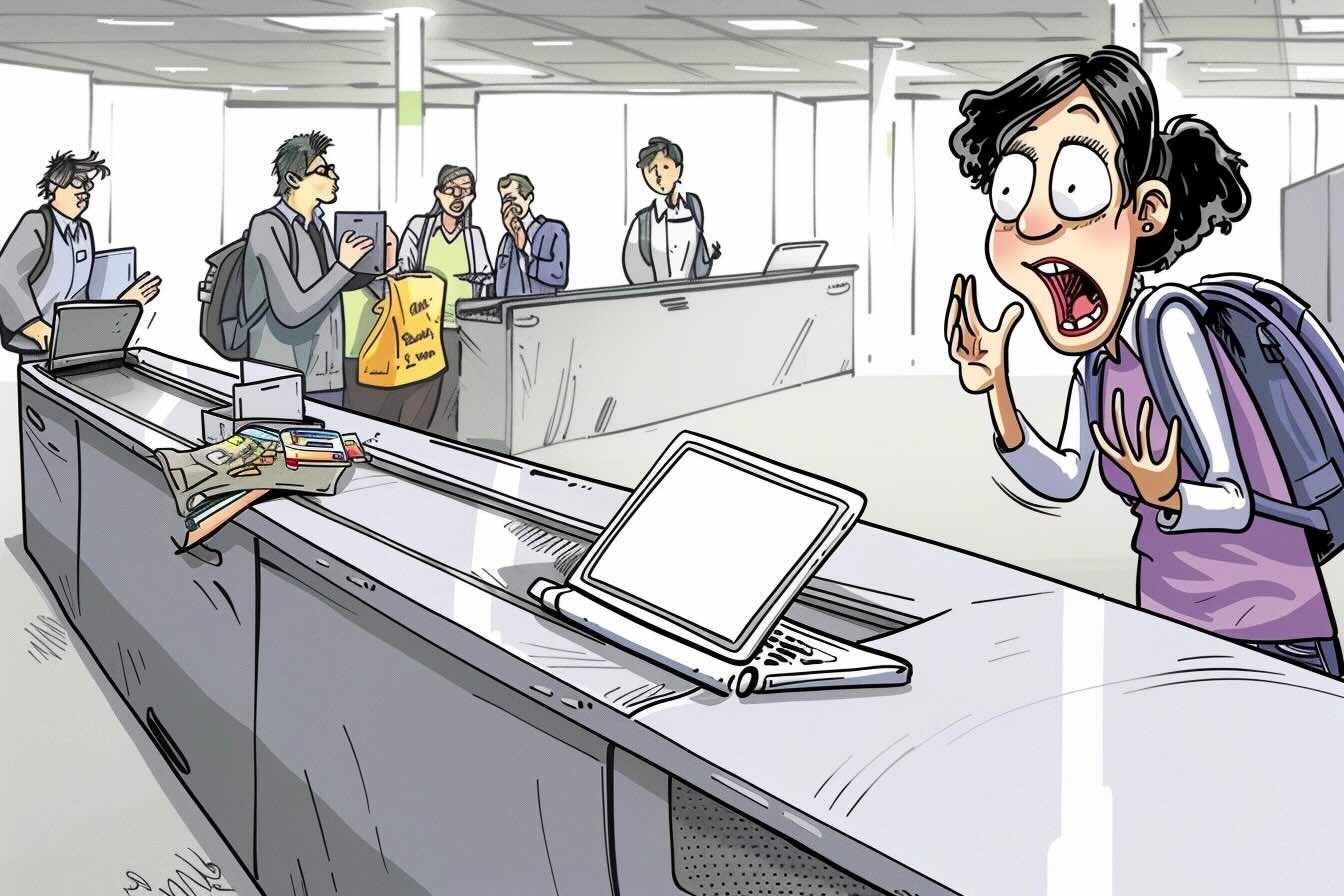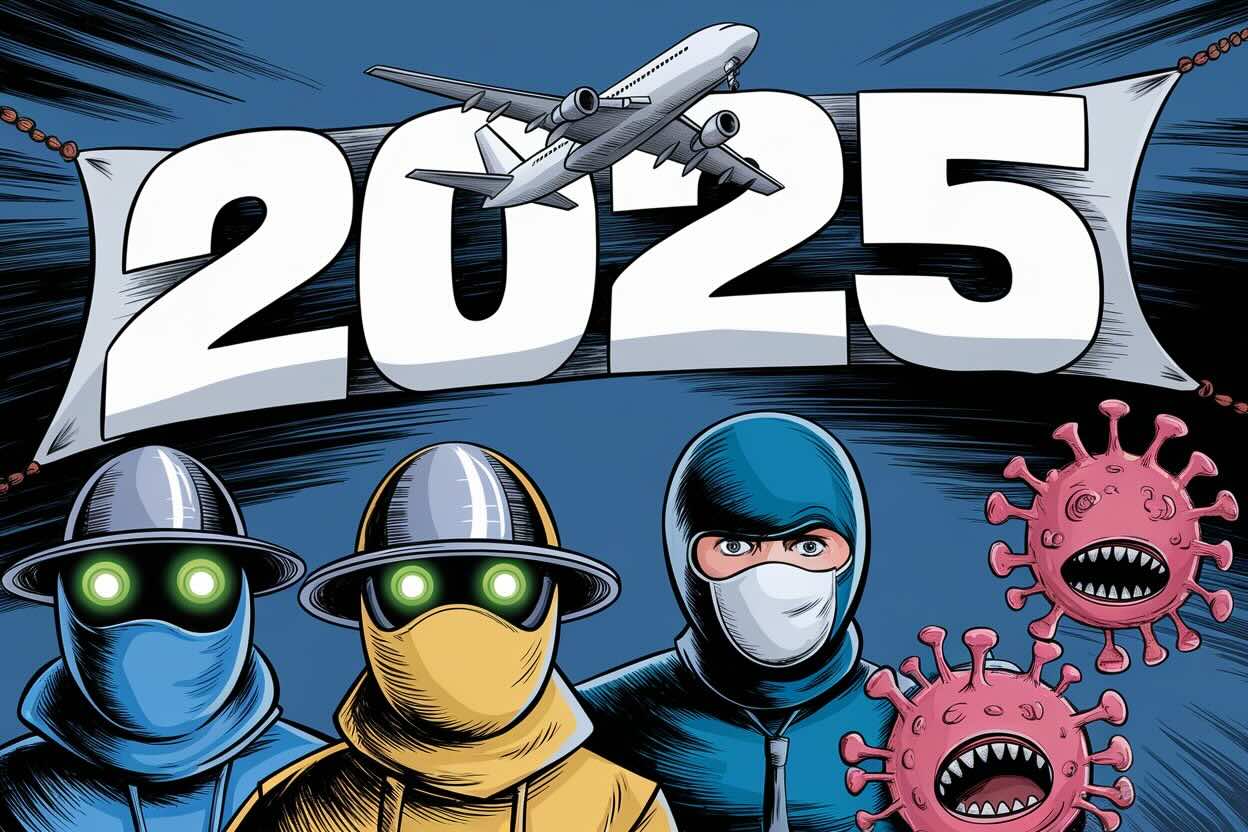It’s true that official tourism sources often gloss over potential dangers, leaving you in the dark about whether the city you’re visiting is safe. It’s also true that the problem has never been worse than now, as Americans start heading south for spring break.
Warm-weather destinations like the Bahamas, Jamaica, and Trinidad and Tobago have made recent appearances on the State Department’s Travel Advisories list. Dangerous destinations don’t just sugarcoat the safety problems — they also try to cover up the truth. (Believe me, I know from personal experience.)
The safety situation can be difficult to read, say experts like Bob Bacheler, the managing director of Flying Angels, a medical transportation service. But most destinations can be safe — or unsafe — depending on where you go and what you do.
“There are safe areas to go and there are areas that should be avoided,” he says.
So how do you know if a city you’re planning to visit is safe? And even in a safe city, how do you find out the areas to avoid? Fortunately, there are reliable ways to get the facts about staying safe in unfamiliar territory. Here’s how experienced globetrotters and security experts recommend vetting your destination:
What to do about “official” security sources
Dale Bendler, a former CIA agent who is chairman of the cyber security firm ONE.61 Cyber, warns that even official sources may downplay risks.
“Official sources — both foreign and domestic — are notoriously inaccurate and biased in the direction of ‘no crime,'” he says. “Even a U.S. embassy online security update can be tainted. Why? The host nation will complain to the U.S. ambassador over a negative comment from the embassy’s official website — the hosts will claim it’s bad for local business.”
That’s not to say official sources are worthless. Local law enforcement websites often provide more granular crime data that can illuminate trouble spots, according to Bendler. And tourism board information, while often sugar-coated, can still offer valuable context if you read it critically.
In other words, read the State Department advisories, but don’t rely on them exclusively. You need more information.
If you want to stay safe, social media is your friend
Fellow travelers and expats can be goldmines of safety information.
“The best sources I have found are from expat groups on Facebook or Reddit,” says Sergio Diaz, a frequent traveler and keynote speaker. “They’re very helpful in pointing people in the right direction.”
You might ask your circle of friends, but joining a group such as American Expats in Paris or Expats in Tokyo might be helpful in getting the lay of the land — and avoiding trouble.
Other travel experts say Quora, TripAdvisor, and even artificial intelligence such as ChatGPT can provide valuable perspectives on a city’s safety.
Most importantly, they recommend going beyond one single post and casting a wider net for information.
Get help from your travel insurance company
Many travel insurance companies have 24/7 concierges that can help you navigate a safety challenge. Some even include safety information on their app. For example, Allianz Partners USA’s new Allyz app includes location-based alerts with robust safety information.
The mobile app can help you stay a step ahead by sharing timely advisories that have potential to affect your trip. That includes location-specific, real-time updates on destination topics such as security, weather, health, transportation and culture and more.
“As destination conditions change, travelers receive updates from a protest in the streets to a hurricane advisory paired with knowledgeable advice on the best way to manage the alerts and situations around them,” Daniel Durazo, director of external communications at Allianz.
Ask locals for safety pointers once you’re there
“Going straight to the horse’s mouth is the best bet when determining how safe a destination is,” says Susan Sherren, founder of luxury travel company Couture Trips. “Boots-on-the-ground intel from locals can prove the most valuable.”
Sherren recommends engaging taxi drivers, hotel concierges, and tour guides to get the lay of the land.
“These on-site experts usually know the ins and outs of their cities and can tell you where the dangers lurk,” she adds.
Eliot Vancil learned this lesson the hard way on a trip to New Orleans, a popular spring break destination.
“I knew my way around tourist spots, but a wrong turn put me in a neighborhood where I immediately felt unsafe,” recalls Vancil, who runs a fuel delivery service company. Now he makes a point of asking locals, especially service staff, for guidance.
Take care of yourself
Even if you think you’re traveling to a safe city — which is to say, the place checks out on social media, on the apps, and through official sources — you’re not off the hook. Be vigilant when you’re on the ground, advises Carrie Pasquarello, CEO of Global Secure Resources, a travel security firm.
That includes staying in well-reviewed accommodations in touristy areas, using a reputable transportation service rather than hailing random cabs, and traveling in groups when possible. Also, avoid flashy displays of wealth that could make you a target, and keep emergency contact information easily accessible.
In other words, your responsibility doesn’t end with researching the safety of a city. That’s just the beginning.
“Be prepared and proactive,” says Pasquarello. “That will ensure you are protected.”
A reminder: It can be complicated
But even with all of this research, it can still be difficult to get a handle on the real safety situation. Sometimes, the safest and unsafest areas are right next to each other.
I saw this firsthand recently when I visited Cape Town, South Africa. There were neighborhoods where I felt perfectly comfortable walking around at night, and others where I wouldn’t even think of leaving my hotel after dark. These areas were often just blocks apart.
That’swhy it’s so important to be aware of your surroundings and to trust your gut. If you feel unsafe somewhere, even if it’s in a supposedly safe area, get out immediately.
The truth is, no amount of research can fully prepare you for the unexpected twists and turns that travel inevitably throws your way. Cultivating a mindset of awareness, adaptability, and respect for local customs can get you halfway there. For the rest, don’t forget to pack your common sense.




